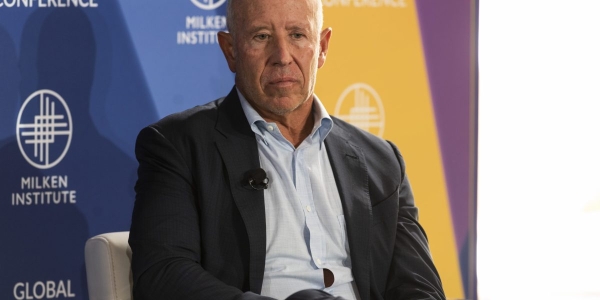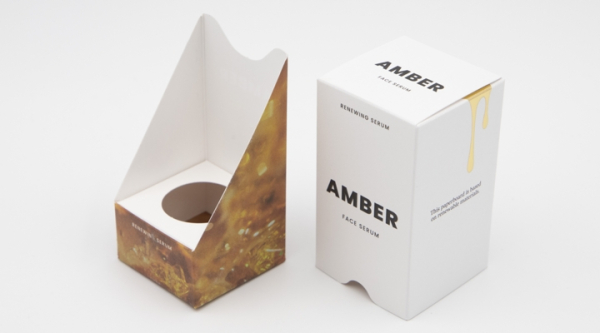
Starwood Capital CEO Barry Sternlicht, who has a net worth of $4.6 billion, says inflation is going to drop—and it’s going to drop hard.
In an interview with CNBC’s Squawk Box, Sternlicht was asked what he’d say in response to JPMorgan Chase CEO Jamie Dimon’s annual letter to shareholders, in which Dimon writes that current economic conditions “create more risk and potentially higher inflation,” and higher rate hikes. However, after saying he’s a big fan of Dimon and that he runs “probably one of the best banks in the world,” Sternlicht clarified to CNBC that “we don’t agree on everything.”
Sternlicht, who runs a private equity firm known for its billions in real estate holdings, told CNBC that he thinks “inflation is going to drop hard.”
Sternlicht pointed to falling rents as the reason, alluding to a slide that showed year-over-year rent growth, with two lines: one indicating “actual rents” and the other per the consumer price index. Viewers can see “actual rents,” or rent list prices, shifting downward, while the other as measured by the CPI looks to be trending upward. “There’s a lag in the way the government reports rental data,” Sternlicht said, but if you correct for this, it’ll show up later.
And it’s not the first time he’s said as much about inflation or old data. Toward the end of last year, Sternlicht said “the economy is slowing on its own,” after calling the Federal Reserve’s rate hikes “self-inflicted suicide.” Of course, even before that, he had been a vocal critic of the Fed, telling Fortune that Fed Chair Jerome Powell and “his merry band of lunatics” were destroying faith in capitalism and would eventually trigger “social unrest.” He also berated the institution’s use of “old data” that’s behind its aggressive rate hikes. Nonetheless, he’s previously claimed “inflation is coming down hard…and it is coming down a lot faster than I think people thought,” and once again is sounding the alarm.
Shelter is one-third of CPI, Sternlicht said this week, so if you make that correction it will bring headline inflation down and you’ll likely see that happen in the late summer and early fall. He continued, “So all else being equal, inflation is going down.”
After peaking in June at 9.1%, inflation as measured by the consumer price index has slowed to 6%, as of February. The index for shelter (which measures changes in shelter costs) was the largest contributor to the monthly all-items increase, accounting for over 70% of the increase. However, rent growth continued to slow in February, marking the sixth consecutive month of single-digit increases on a national level, according to Rent.com. The median monthly rent rose 1.7% month over month but fell 0.25% year over year, according to the site’s report. On the state level, median rents were down in 60% of markets included in the study month over month and slightly over 16% of markets year over year.
His rent data, Sternlicht said, comes from a national rent database, before adding that his company has 125,000 apartments and they can model it, but it’s not uniform across the country. When rents were up 20%, Sternlicht said, “that’s what really drove CPI.” Sternlicht went on to mock the Fed’s credibility, which as we know isn’t an unusual take for him.
Although Sternlicht did not comment on what falling inflation means for the real estate market, commercial or residential, it’s clear that both sectors within the industry are extremely sensitive to rate hikes, and when interest rates go up, property values can go down. But even though Sternlicht argues inflation is falling, he thinks “we’re going into a serious recession.”






